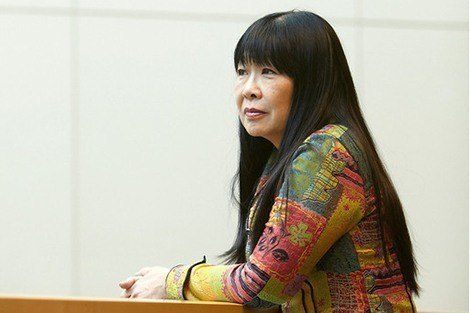By the early 2000s, AIDS was increasingly viewed as a treatable chronic disease in the developed world, but for patients in Africa, it remained a death sentence.
This was the state of things when Phyllis Kanki, professor of immunology and infectious diseases, spearheaded an HSPH application to the President’s Emergency Plan for AIDS Relief (PEPFAR), announced during then-President George W. Bush’s 2003 State of the Union address—an application that ultimately yielded $362 million for work in Nigeria, Botswana, and Tanzania.
Ten years later, the legacy is enormous: Newly refurbished and equipped clinics and labs, thousands of trained health care workers, and treatment of more than 160,000 people who otherwise would not have received lifesaving AIDS drugs. “Everyone was surprised by what we were able to do,” said Kanki. “In the grant application, we said that we would get 100,000 people on treatment in Nigeria. That number seemed astronomical at the time, but in the end, we far exceeded it.
Moreover, the impact of Kanki and her colleagues’ work extends far beyond the AIDS crisis, in the form of resources, strategies, and guidance for addressing other treatable infectious diseases, such as tuberculosis and malaria, and chronic diseases such as cancer and diabetes. “PEPFAR changed the way we think about what public health can accomplish,” Dean Julio Frenk concluded.
* * * * *
Is there an event, person, or discovery in Harvard School of Public Health history that you’d like to read about? Send your suggestions to centennial@hsph.harvard.edu.
